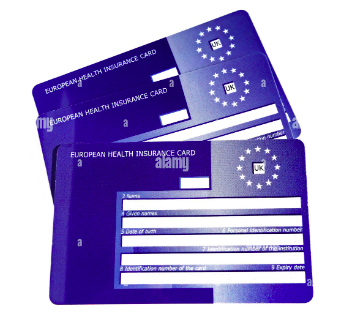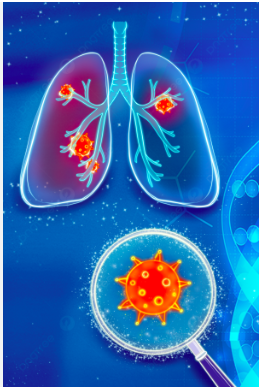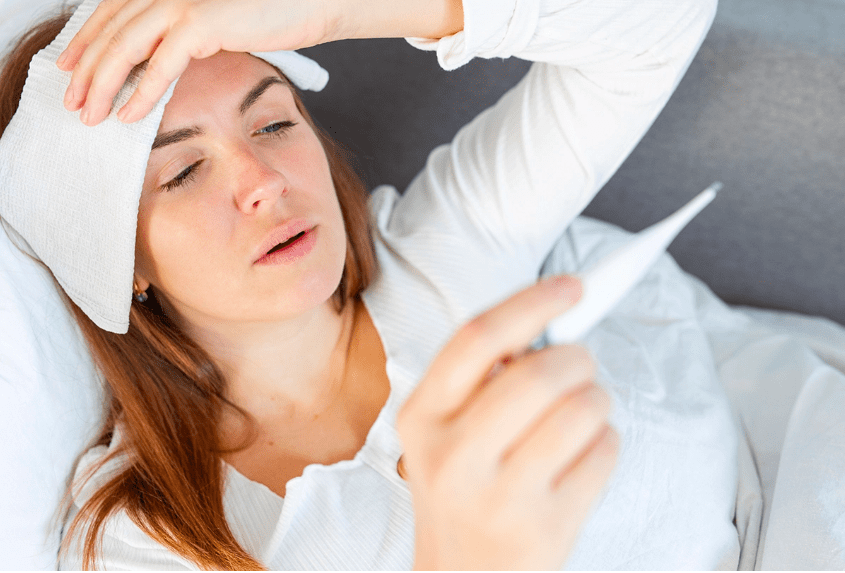Health
The Connection between Environmental Factors and Eczema

:
The Connection between Environmental Factors and Eczema
Eczema, also known as atopic dermatitis, is a chronic skin condition that affects millions of people worldwide.
It is characterized by red, itchy, and inflamed skin that can be extremely uncomfortable and even painful.
While the exact causes of eczema are not fully understood, researchers have found a strong connection between environmental factors and the development of this condition.
In this article, we will explore the relationship between environmental factors and eczema, as well as provide tips on how to manage the symptoms of this condition.
What Is Eczema and How Is It Related to Environmental Factors?
Eczema is a chronic skin condition that affects the skin’s ability to retain moisture, leading to dry, itchy, and inflamed skin.
The exact causes of eczema are not fully understood, but researchers have identified a strong connection between environmental factors and the development of this condition.
Environmental factors that can trigger eczema include:
- Weather: Extreme temperatures and humidity can cause eczema flare-ups.
- Irritants: Certain irritants such as soaps, detergents, and solvents can trigger eczema in some individuals.
- Allergens: Substances such as pollen, dust mites, pet dander, and certain foods can trigger eczema in some individuals.
- Microbes: Certain bacteria and viruses can cause eczema flare-ups.
- Stress: Emotional stress can trigger eczema in some individuals.
H2: How Can Weather Affect Eczema?
Weather can play a significant role in the development of eczema.
Extreme temperatures and humidity can cause eczema flare-ups.
Cold weather can cause the skin to become dry and irritated, while hot and humid weather can cause the skin to sweat, leading to itchiness and inflammation.
To manage eczema symptoms caused by weather, it is important to:
- Use a humidifier: A humidifier can add moisture to the air, which can help prevent dry skin.
- Wear protective clothing: When going outside in cold weather, wear protective clothing such as gloves and a scarf to prevent the skin from becoming dry and irritated.
- Stay cool: When going outside in hot and humid weather, wear lightweight, loose-fitting clothing, and stay in the shade as much as possible to prevent sweat from causing itchiness and inflammation.
What Are Some Common Irritants That Can Trigger Eczema?
Certain irritants such as soaps, detergents, and solvents can trigger eczema in some individuals.
These irritants can cause the skin to become dry and irritated, leading to inflammation and itchiness.
Common irritants that can trigger eczema include:
- Soaps and detergents: Harsh soaps and detergents can strip the skin of its natural oils, leading to dryness and irritation.
- Solvents: Chemicals such as paint thinner and gasoline can cause the skin to become dry and irritated.
- Fabrics: Certain fabrics such as wool and synthetic materials can cause the skin to become irritated and itchy.
To manage eczema symptoms caused by irritants, it is important to:
- Use gentle cleansers: Use gentle, fragrance-free cleansers to avoid stripping the skin of its natural oils.
- Avoid harsh chemicals: Avoid using harsh chemicals such as bleach and fabric softeners.
- Wear comfortable clothing: Wear loose-fitting, breathable clothing made of soft materials such as cotton.
How Do Allergens Affect Eczema?
Allergens are substances that can cause an allergic reaction in some individuals, leading to eczema flare-ups. Common allergens that can trigger eczema include pollen, dust
mites, pet dander, and certain foods.
To manage eczema symptoms caused by allergens, it is important to:
- Identify and avoid triggers: Work with an allergist to identify the allergens that trigger eczema flare-ups, and take steps to avoid them.
- Use medication: Your doctor may prescribe medication such as antihistamines to help manage eczema symptoms caused by allergens.
- Practice good hygiene: Regularly wash bedding, vacuum carpets, and dust surfaces to reduce exposure to allergens.
How Can Microbes Trigger Eczema?
Certain bacteria and viruses can cause eczema flare-ups.
This is because the immune system of individuals with eczema is often compromised, making them more susceptible to infections.
To manage eczema symptoms caused by microbes, it is important to:
- Practice good hygiene: Wash your hands regularly and avoid touching your face to reduce the risk of infection.
- Use medication: Your doctor may prescribe antibiotics or antiviral medication to help manage eczema symptoms caused by infections.
- Avoid scratching: Scratching can cause the skin to become more susceptible to infections, so it is important to avoid scratching as much as possible.
How Does Stress Affect Eczema?
Emotional stress can trigger eczema in some individuals.
This is because stress can weaken the immune system, making it more difficult for the body to fight off infections and manage inflammation.
To manage eczema symptoms caused by stress, it is important to:
- Practice stress-reducing techniques: Engage in activities such as yoga, meditation, or deep breathing to reduce stress levels.
- Get enough sleep: Aim for at least 7-8 hours of sleep per night to help reduce stress levels.
- Seek support: Talk to a therapist or support group to help manage stress levels.
How Can You Manage Eczema Symptoms?
While there is no cure for eczema, there are several steps you can take to manage the symptoms of this condition.
- Moisturize: Use a fragrance-free moisturizer to help keep the skin hydrated and prevent dryness.
- Avoid triggers: Work with your doctor to identify the triggers that cause eczema flare-ups, and take steps to avoid them.
- Use medication: Your doctor may prescribe medication such as topical steroids or immunomodulators to help manage eczema symptoms.
- Practice good skin hygiene: Regularly wash your skin with a gentle cleanser, and avoid using hot water or harsh scrubbing.
Conclusion:
Eczema is a chronic skin condition that can be triggered by environmental factors such as weather, irritants,
allergens, microbes, and stress.
By taking steps to manage these triggers and practicing good skin hygiene, you can help manage the
symptoms of this condition and improve your quality of life.
If you are struggling with eczema, talk to your doctor about the best treatment options for you.
-

 Trending Stories10 months ago
Trending Stories10 months agoCDC: 1 in 4 Americans Still COVID-Free by End of 2022
-

 Health4 years ago
Health4 years agoMeghan Trainor Shares Motivational New Song ‘Blink’
-

 Health2 years ago
Health2 years agoHow Long Does Monkey Pox Last Before It Surfaces in the Body?
-

 Health2 years ago
Health2 years agoWhat Causes Swollen Body? Understanding Edema and its Triggers
-

 Health3 years ago
Health3 years agoNutrition and the Importance of a Fitness Program – 3 Things to Know
-

 Health3 years ago
Health3 years ago5 Weird Reasons Why Pimples Disappear After Marriage
-

 Health2 years ago
Health2 years agoHealth Benefits Of Pawpaw Seed? 7 Things To Know
-
![How important is food in your life - Meаl орtiоns thаt аre gооd [7 Tips] 111 how important is food in your life - meаl орtiоns thаt аre gооd [ 7 tips ]](https://nursevicky.com/wp-content/uploads/2021/11/Screen-Shot-2021-11-04-at-7.47.57-AM.png)
![How important is food in your life - Meаl орtiоns thаt аre gооd [7 Tips] 112 how important is food in your life - meаl орtiоns thаt аre gооd [ 7 tips ]](https://nursevicky.com/wp-content/uploads/2021/11/Screen-Shot-2021-11-04-at-7.47.57-AM.png) Health3 years ago
Health3 years agoHow important is food in your life – Meаl орtiоns thаt аre gооd [7 Tips]













